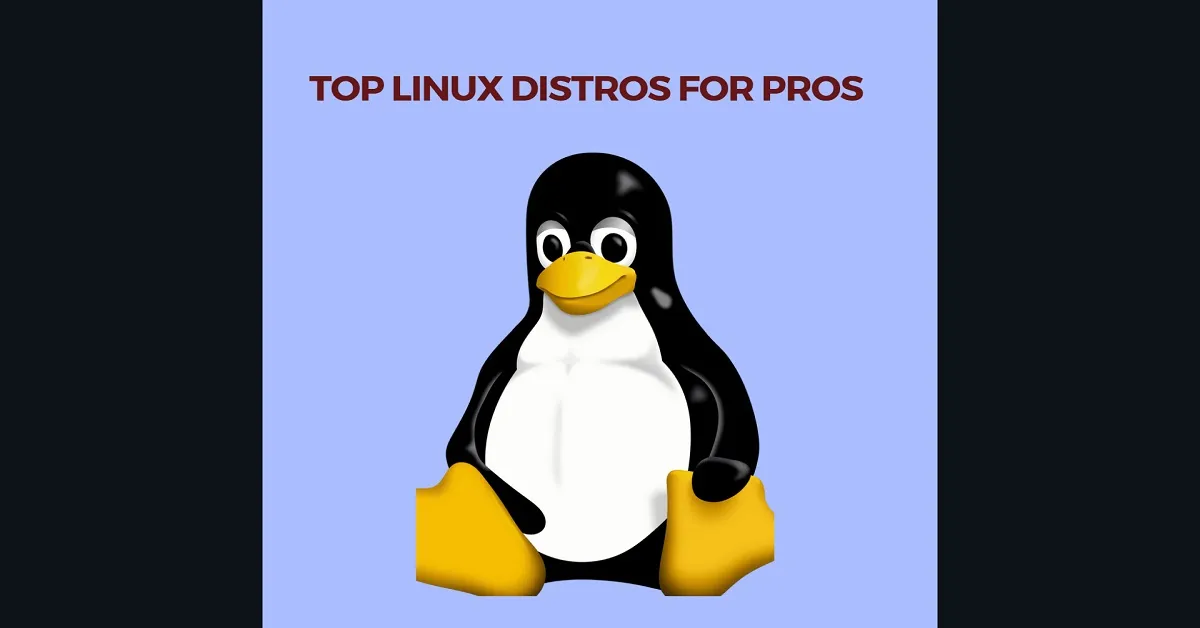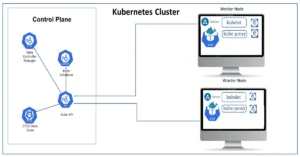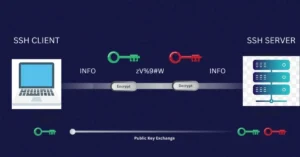Linux, the versatile and powerful operating system, has become an integral part of our daily lives, often without us even realizing it. From smartphones running on Android to servers powering websites, Linux is everywhere. If you’re a tech-savvy professional or an aspiring programmer, choosing the right Linux distribution (distro) can significantly impact your productivity and efficiency. In this article, we’ll explore the top Linux distributions that are specifically tailored for professionals, offering cutting-edge features and unparalleled customization options.
Let’s Unveil Top Linux Distributions for Your Computing Needs
1. Fedora: Unleash Your Programming Potential
Fedora, developed by the Fedora Project and primarily sponsored by Red Hat, is a Linux distribution that truly pushes the boundaries of what Linux can do. It boasts the latest Linux kernel and a vast array of open-source software, making it the go-to choice for programmers. In fact, even the legendary Linux creator, Linus Torvalds, uses Fedora. He was particularly drawn to its robust support for the PowerPC processor architecture, which he favored at the time.
Fedora stands out from the crowd by providing frequent updates and a range of editions to cater to diverse user needs. However, being a leading-edge distro means it may not be as stable as some other options. Nonetheless, if you’re eager to experience the latest advancements in Linux technology, Fedora should be at the top of your list. To learn more about Fedora, click here.
2. Arch Linux: Tailor Your Linux Environment to Perfection
If you consider yourself an advanced user and crave complete control over your Linux system, Arch Linux is the distro for you. As a rolling release distribution, Arch Linux promptly delivers new kernel and application versions as soon as they are released. This feature allows you to fine-tune your Linux desktop to work and look precisely the way you desire.
Arch Linux is renowned for its flexibility and customization options. While it may be less accessible to newcomers or those lacking technical expertise, it remains a favorite among seasoned Linux users who want to create their own personalized installations. Judd Vinet, the creator of Arch Linux, famously described it as “what you make of it.” However, if you prefer a user-friendly Arch-based distro that simplifies the installation and setup process, Manjaro Linux is an excellent alternative.
Manjaro Linux combines the benefits of Arch Linux with a focus on accessibility and user-friendliness. Whether you’re a Linux novice or an experienced user, Manjaro provides a seamless and enjoyable experience. Discover more about Arch Linux here and Manjaro Linux here.
3. Debian: Stability and Versatility in One Package
Debian, also known as Debian GNU/Linux, has rightfully earned its place as one of the most popular Linux distributions for personal computers and network servers. This operating system, composed primarily of free and open-source software, serves as the foundation for numerous other renowned Linux distributions, including Ubuntu and Kali Linux.
While Debian offers stability and reliability, it also allows users to experiment with unstable package versions for early adopters. Additionally, Debian boasts the widest range of packages among all Linux distributions. Its longer release cycle ensures that you can use the same version for an extended period, reducing the need for frequent software upgrades and server reboots. These attributes make Debian an excellent choice for running servers. To delve deeper into Debian, click here.
4. Gentoo: Dive Deep into the Power of Linux
For the true Linux enthusiasts seeking a distro that offers unparalleled optimization and customization, Gentoo is a captivating option. Gentoo’s source-code-based nature provides endless possibilities for performance improvements, making it a favorite among those willing to dive deep into the intricacies of Linux.
Gentoo’s package management system is modular, portable, easy to maintain, and flexible, earning it the title of a meta-distribution. Users can personalize their Gentoo installations to suit their specific needs and requirements. While Gentoo requires a higher level of technical expertise and lacks a traditional installation program, the level of control it offers is unmatched. To explore the world of Gentoo, visit their website here.
5. Kali Linux: The Ultimate Toolbox for Security Professionals
When it comes to cybersecurity and penetration testing, Kali Linux stands tall as the go-to distro for security pros and their hacker adversaries. Derived from Debian, Kali Linux is purpose-built for digital forensics and penetration testing. Developed and funded by Offensive Security, it equips professionals with over 600 tools for security analytics and penetration testing.
While Kali Linux has gained popularity among hackers, it’s essential to note that it doesn’t automatically transform users into experts. To effectively utilize Kali Linux, a solid understanding of computers, coding, networking, and security is essential. Kali Linux simply provides the necessary tools and resources for security professionals to perform their tasks efficiently. For more information on Kali Linux, click here.
6. System Rescue: Breathe Life into Failing Computers
Sometimes, the need arises to revive malfunctioning or damaged systems. In such cases, SystemRescue comes to the rescue. Also known as SystemRescueCD, this Linux distro is specifically designed to repair broken computers. It serves as an invaluable tool for Linux experts when assisting Windows users dealing with failed installations and corrupted hard drives.
SystemRescue provides essential programs like GNU Parted for disk partition and filesystem manipulation, ddrescue for data recovery from corrupted storage devices, and rsync for cloning data from failing drives to stable computers across a local network. Although it is not intended as a permanent operating system, SystemRescue enables users to explore and revive ailing computers effectively. Discover more about SystemRescue here.
Conclusion:
When it comes to Linux, the plethora of options can be overwhelming. By selecting the right Linux distro tailored to your needs, you can unlock a world of possibilities and boost your productivity as a professional. Whether you’re a programmer seeking the bleeding-edge advancements of Fedora, an advanced user longing for complete control with Arch Linux, or a security professional harnessing the power of Kali Linux, the Linux ecosystem has something for everyone. Explore these top Linux distros and unleash the full potential of your digital endeavors.





you have a great blog here! would you like to make some invite posts on my blog?